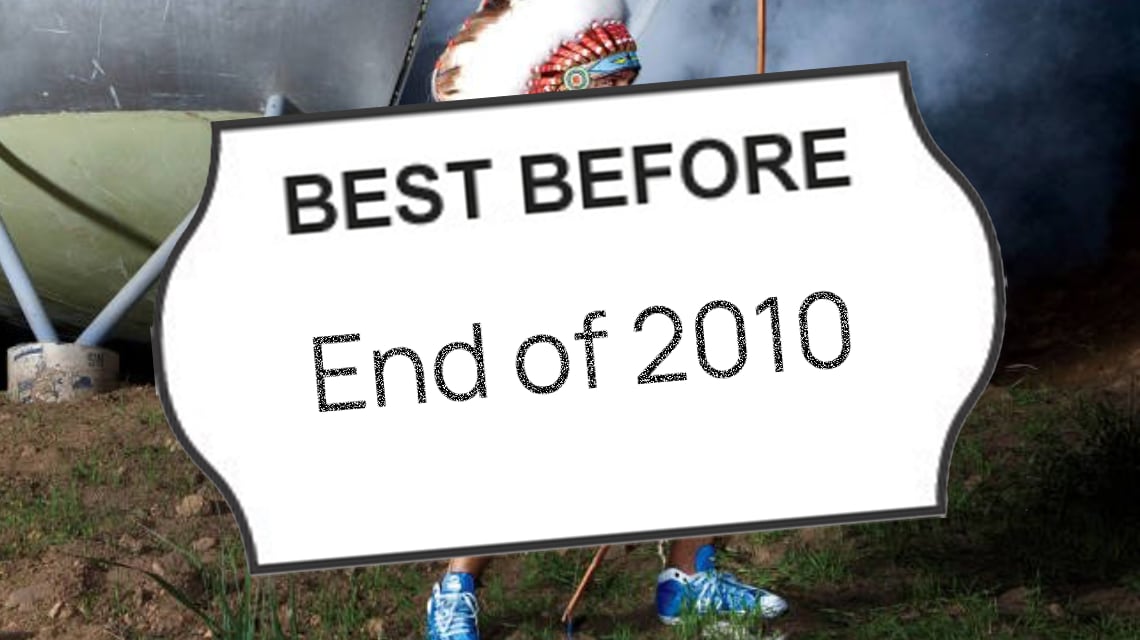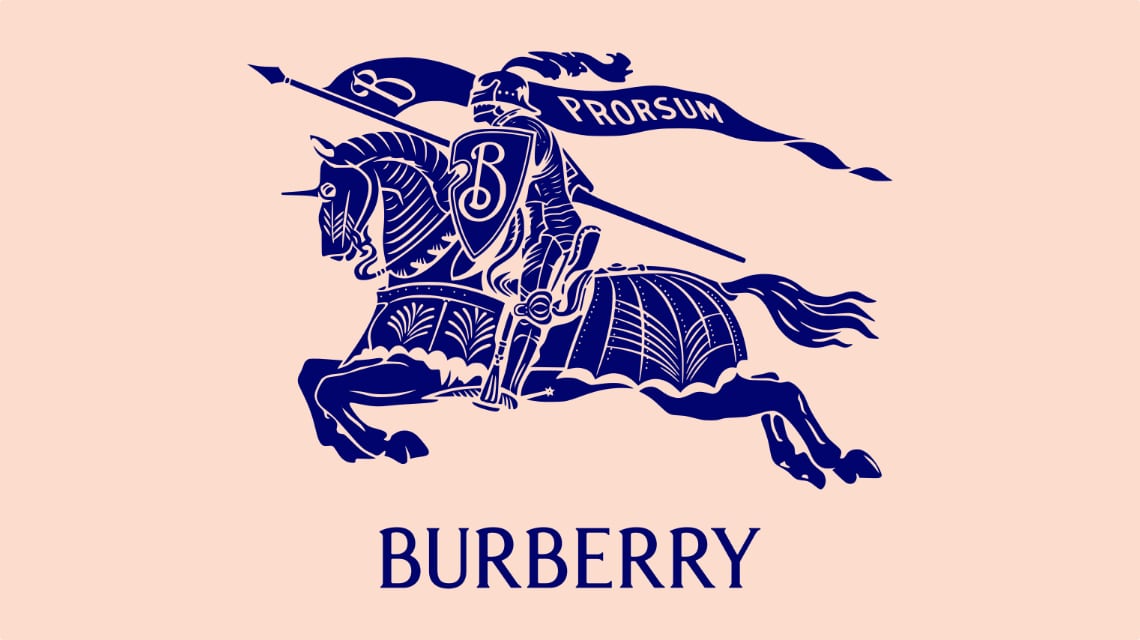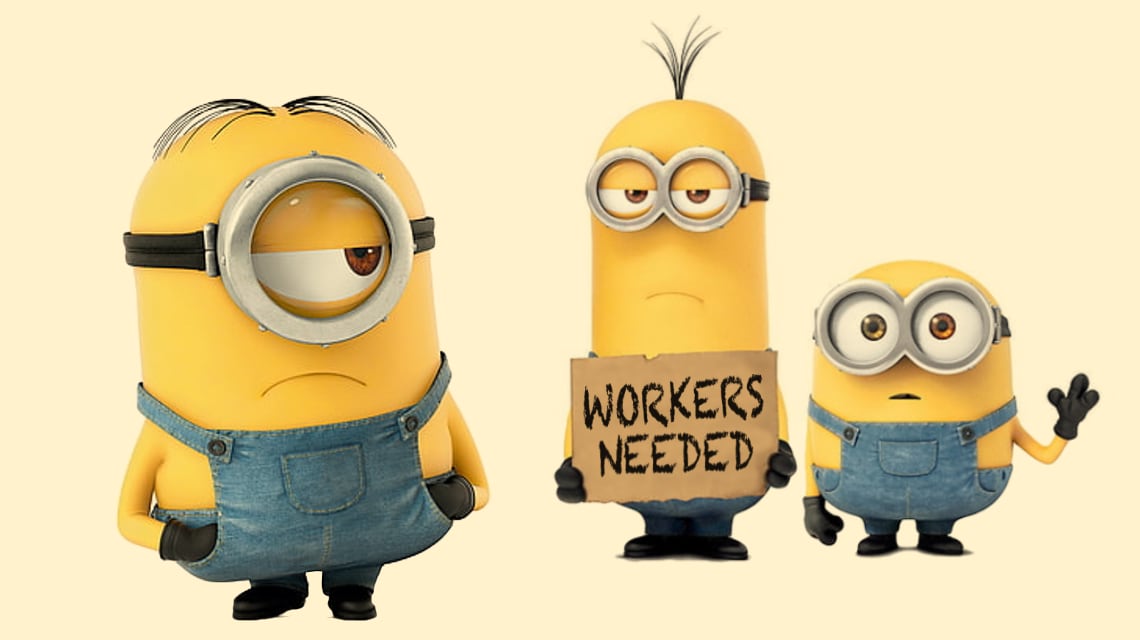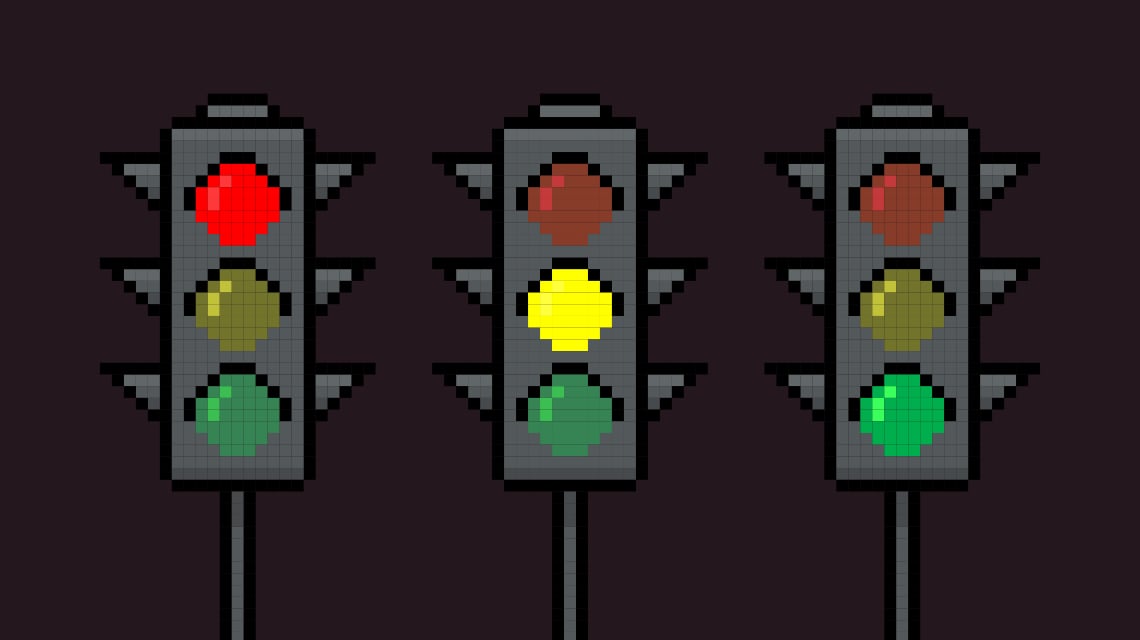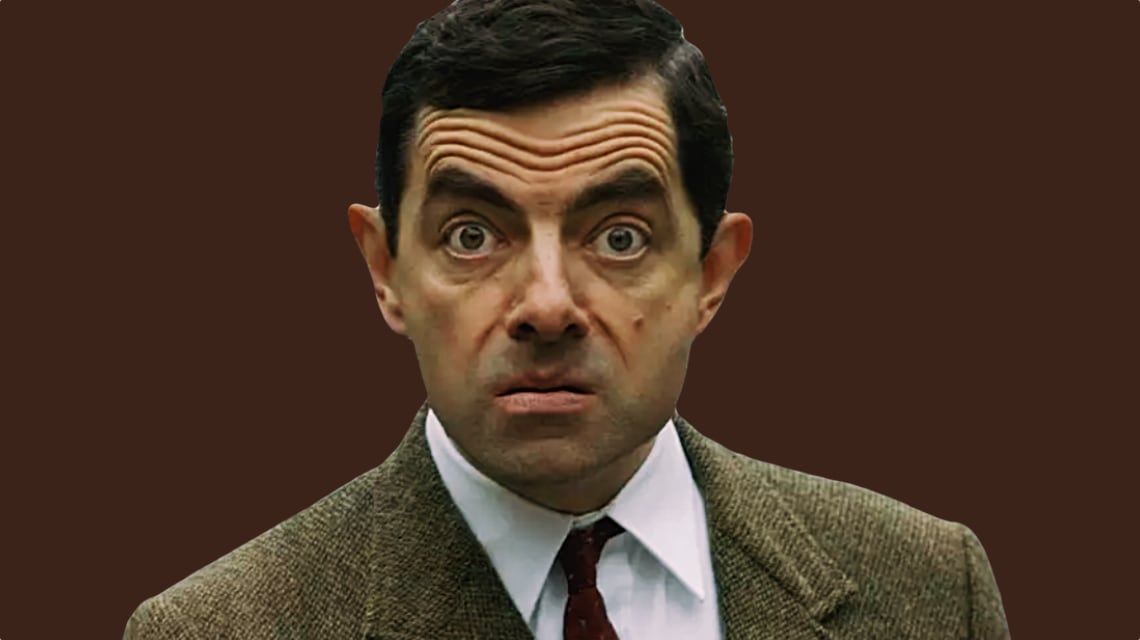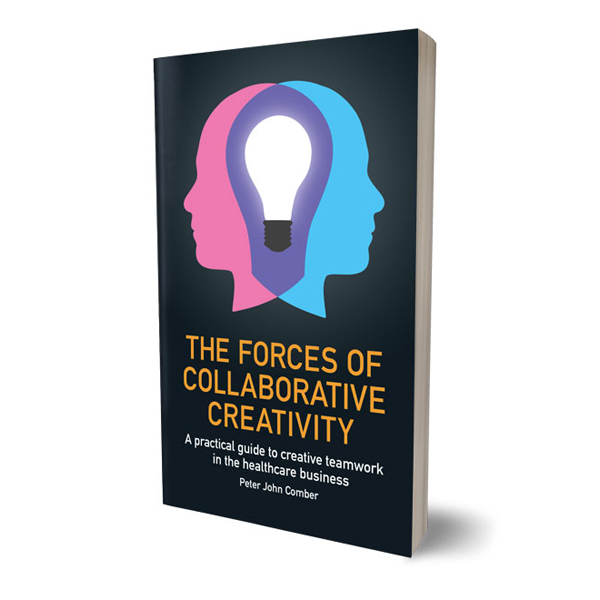Zombie ad shocker!
A poster from a dead and buried advertising campaign reappeared at a New York subway station this week provoking indignant reactions.
What a story! I haven’t laughed this hard about advertising since Jacques Séguéla launched a Citroën hatchback off an aircraft carrier. Back in 2010, ad agency Anomaly created a campaign for the Diesel clothing brand. It was edgy, provocative, slightly surreal and superficially(?) dumb. The strapline? “Be Stupid” …I kid you not. The campaign was popular, sold a lot of jeans and t-shirts and won a Cannes Lions Outdoor Grand Prix. Like all advertising, it then slipped politely into oblivion. Until… it didn’t.
In 2010, a ‘Be Stupid’ poster was on display in New York’s West 4th Street subway station when a vending machine was installed in front of it. For twelve long years a vibrant piece of commercial art - designed to attract attention - was hidden from view. Can you imagine the affront, the trauma? This month the vending machine was removed and the poster was back out in public view. But what returned to the public eye was not a flippant, fashionably deranged bit of fun. Oh, no. In 2022 the poster reappeared as a snarling and tasteless racist slur. What a brilliant plot twist! What other ads might arise from the dead to attack and traumatise people?
Now, in the movie adaptation of this story the ad will actually have changed like a portrait of Dorian Gray and it will have evil powers and intentions but in reality, the poster was unchanged, what had changed was the mentality of the viewers. In twelve years society has evolved and attitudes have changed. Evidently, it was acceptable in 2010 to show a photo of a man, naked save for multicoloured briefs, a pair of sneakers and a Native American feather headdress brandishing a bow and arrow in front of the smoking wreckage of an alien spaceship next to the slogan “Be Stupid”. Equally evidently, it is not acceptable today.
The final piece of slapstick irony? Back in 2010, the Cannes jury that decided to give the campaign a Lion described the work as "brave."
